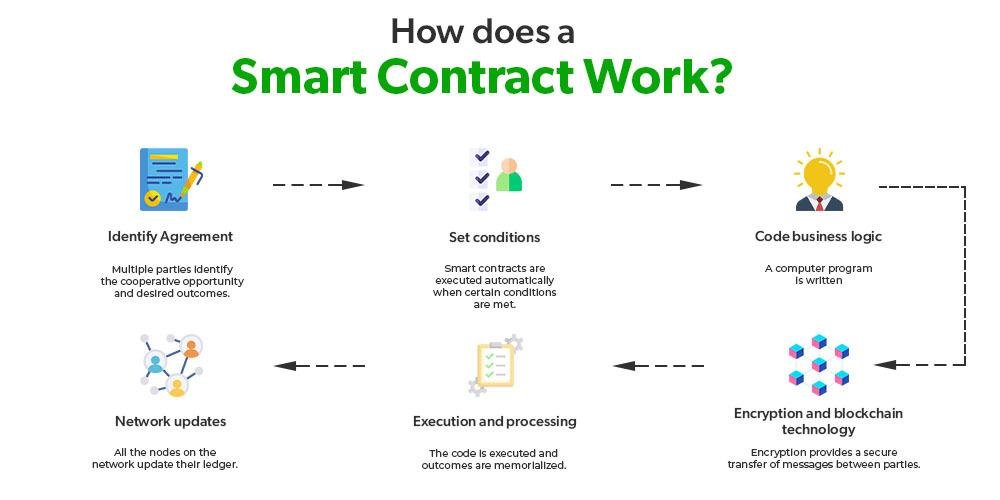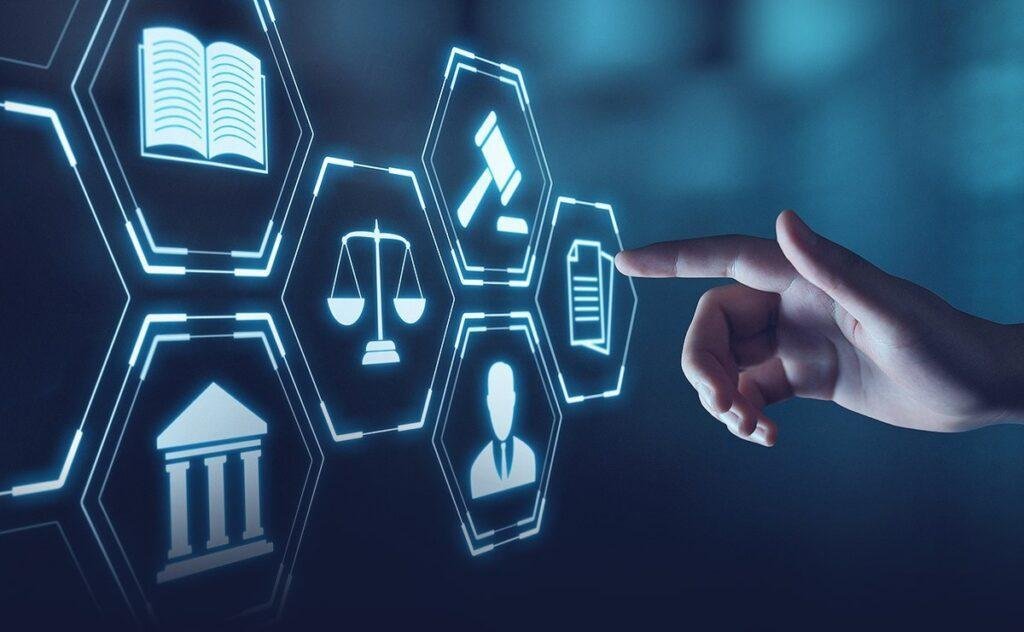Legal Tech and Blockchain: The Rise of Smart Contracts

Introduction
In a world where technology is rapidly changing the way we do things, one of the most exciting developments is the rise of smart contracts. These are self-executing agreements where the terms are written directly into computer code, making them automatically enforceable when specific conditions are met. Smart contracts promise to improve the efficiency and transparency of legal transactions, and they are beginning to change the way legal agreements are made. But as these contracts evolve, they also present new challenges that need to be addressed. This article explores the growing role of smart contracts in the legal field, looking at how they work, their benefits, and the hurdles they face.

The Transformation of Legal Agreements Through Smart Contracts
Smart contracts are changing the way legal agreements are created, carried out, and enforced. By using blockchain technology, smart contracts allow automatic execution of terms when certain conditions are met, eliminating the need for middlemen like lawyers or notaries. This creates a more efficient, transparent, and secure process.
Some of the benefits of using smart contracts in the legal world include:
- Enhanced Security: Blockchain’s cryptography keeps contract data safe from tampering.
- Lower Costs: Fewer intermediaries mean less money spent on lawyers or agents.
- Improved Access: Small businesses and individuals can engage with the legal system more easily.
The integration of smart contracts into the legal process is not just about automation; it is about making legal agreements faster, more secure, and more accessible.

Unlocking Efficiency: How Blockchain Enhances Legal Processes
In today’s fast-paced legal world, blockchain technology is making a big impact. It helps legal professionals handle contracts and transactions more efficiently by offering key benefits:
- Transparency: All involved parties can access the same information in real time.
- Security: Blockchain is decentralized, which makes it resistant to hacking or fraud.
- Faster Processing: Eliminates the need for intermediaries, speeding up the overall process.
Smart contracts, with their built-in automation, make it even easier to handle legal agreements. For example, when certain conditions are met, the contract will automatically perform the agreed-upon actions, ensuring compliance without delay.
Key Benefits of Smart Contracts:
| Aspect | Benefit |
|---|---|
| Automation | Reduces manual intervention, speeding up processes |
| Transparency | All transactions are recorded on a public ledger |
| Cost-Effectiveness | Lowers legal fees by reducing the need for intermediaries |
You May Also Like: Smart Contracts and Blockchain: What Lawyers Need to Know

Navigating Compliance: Legal Considerations for Smart Contract Implementation
Key Legal Considerations Include:
- Enforceability: Can a smart contract be treated the same as a traditional contract in a court of law?
- Jurisdiction: Which country or legal system’s laws will apply to the contract?
- Liability: Who is responsible if something goes wrong in the automated process?
In addition, smart contracts must comply with existing laws, such as data protection and financial regulations. Organizations should consider doing regular compliance audits to ensure their smart contracts align with relevant regulations.
Example Considerations:
- GDPR: How personal data is handled and stored in compliance with privacy laws.
- Securities Law: Whether certain digital assets need to be classified as securities.
| Regulation | Consideration |
|---|---|
| GDPR | Data privacy implications for user information handled by the smart contract. |
| Securities Law | Classification of tokens or digital assets as securities may trigger obligations. |

Future-Proofing Legal Practices with Advanced Technology Solutions
The legal field is undergoing rapid change thanks to technology, especially with the rise of blockchain and smart contracts. Law firms and professionals who embrace these tools can improve efficiency and reduce costs by automating tasks like contract management.
Benefits for Law Firms:
- Increased Transparency: All parties see the same information, reducing misunderstandings.
- Enhanced Security: Blockchain makes the data more secure against fraud and tampering.
- Faster Transactions: Automation speeds up the contract process, which can lead to quicker deal closures.
- Cost Efficiency: Reduces administrative costs and eliminates the need for middlemen.
To fully leverage these benefits, law firms should invest in training their staff on how to use blockchain and smart contracts. Keeping up-to-date with emerging technologies will help firms stay competitive.
Key Skills to Focus On:
| Skill Area | Importance |
|---|---|
| Blockchain Fundamentals | Understanding the principles of blockchain technology is essential for effective implementation. |
| Smart Contract Development | Creating and managing smart contracts requires specialized knowledge and programming skills. |
| Legal Compliance | Awareness of regulatory issues surrounding blockchain and smart contracts is crucial for compliance. |

















































































































































































































































































































































































































































































































































